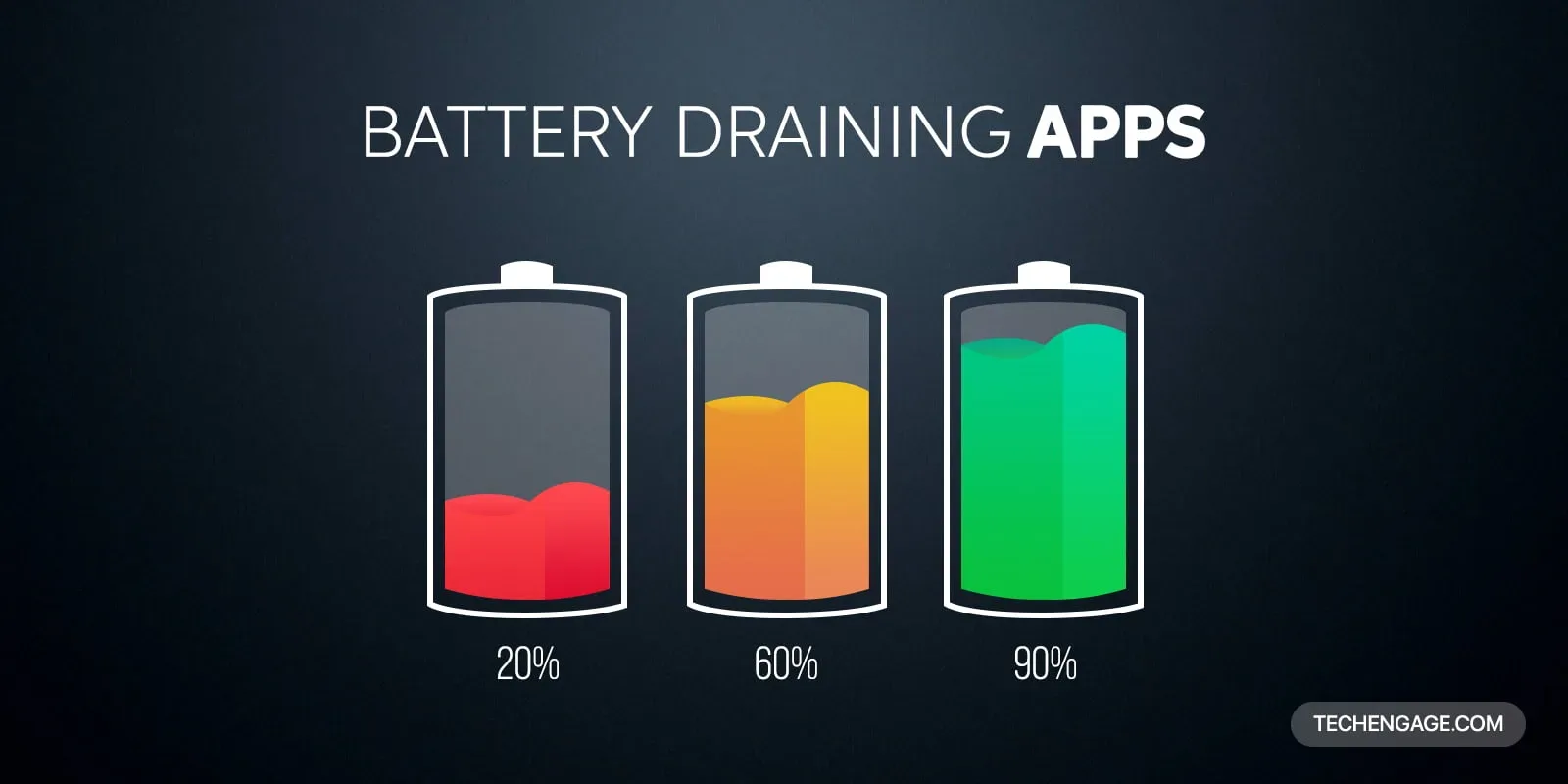For those interested in the expanding subject of artificial intelligence, the future seems promising in terms of careers in this field. Indeed’s Best Jobs list has featured data scientists and machine learning engineers for years [1, 2, and 3]. The Bureau of Labour Statistics (BLS) has projected a 23 percent rise in job opportunities in data research and computing.
Considering the advent of ChatGPT and other generative innovations that further democratize AI, you might be asking how to enter this field and how accessible it is. By outlining the education and professional experience needed to launch a lucrative career in this fascinating field, this article aims to serve as a helpful introduction to professions in artificial intelligence.
Table of Contents
1. An engineer in artificial intelligence (AI)
AI engineers are experts who create systems and apps that increase an organization’s efficiency using AI and machine learning-based approaches. AI engineering aims to provide the instruments, frameworks, and procedures necessary to apply AI to practical issues. Data “trains” algorithms, enabling them to acquire information and function more effectively. AI engineers can assist in reducing expenses, boost earnings and productivity, and advise businesses.
2. An engineer in machine learning
Researchers, developers, and designers of the AI behind machine learning are known as machine learning engineers. They keep up with and enhance current AI systems. When working with data scientists to create models for artificial intelligence systems, a specialist in machine learning frequently acts as a bridge with other data science team members. They create machine learning systems, conduct tests and experiments, and conduct statistical analyses.
3. A data scientist
For data professionals, business analysts, and other data-related specialists to evaluate, data engineers create systems that gather, organize, and transform unprocessed data into meaningful information. They enable organizations to assess and improve their performance by providing access to data. With applications in almost every industry, information technology is a vast discipline.
4. An engineer in robotics
Robotics engineers provide robotic applications for various industries, such as manufacturing, healthcare, defense, and automobiles. A robotics engineer creates prototypes for testing or designs new items. Some may supervise robots in production in a manufacturing facility, while others monitor how well they function in real life. Robotics engineering is a combination of computer science and elements from mechanical and electrical engineering.
5. A programmer
Often referred to as developers, software engineers write computer programs and applications. They can create anything from network control systems to computer games using programming languages, platforms, and architectures. Software developed by other engineers can also be tested, enhanced, and maintained by a software engineer. This career path is potentially rewarding if you’re a critical thinker who appreciates problem-solving and digital system improvement.
6. A data scientist
Data scientists identify the questions a team or organization should be asking and assist them in determining how to use data to answer those questions. To theorize and foresee trends and consequences, they frequently create predictive models. A data scientist may apply machine learning methods to enhance available products or data caliber.
How to become an AI worker
You should think about the qualifications needed for a particular work role while trying to get an AI position. These are the typical paths to employment in AI, but remember that your journey will differ based on the industry, level, and type of work you pursue.
Think about getting a degree
A bachelor’s degree or higher is required for many AI employment. You might need an associate degree or comparable training and work experience for certain entry-level professions. Professionals in artificial intelligence frequently hold bachelor’s degrees in math, science, computer science, or related fields.
Develop useful AI abilities
If you hold an undergraduate degree in an AI-related discipline, consider taking courses to acquire the necessary technical skills. Certifications show prospective employers that you take your career objectives and advance your skills seriously, even if you don’t have a degree. Consider the following AI certificates and programs:
- MIT: The Significance of Artificial Intelligence for Business Strategy
- USAII: Certified Engineer in Artificial Intelligence
- Expert in Artificial Intelligence Consulting
- Accredited Scientist in Artificial Intelligence
- Engineer for Artificial Intelligence (ARTIBA)
- IBM Professional Certificate in Applied AI
- Google Advanced Data Analytics Professional Certificate IBM AI Engineering Professional Certificate
Apply for jobs at the entry-level
Once comfortable with your training, begin looking for work and submitting applications. Many AI entry-level positions, like software engineer, will list “entry-level” or “junior” in the job description. Usually fair game are those that demand at least three years of experience.
If you need help finding a job, consider applying for internships, starting a freelance project, or participating in a hackathon as a way to hone your talents. You’ll build relationships to help you later and get feedback on your work.



